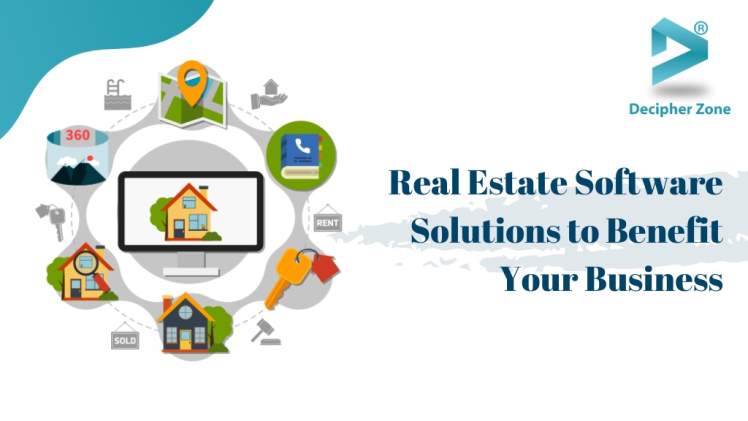How Can Real Estate Software Solutions Benefit Your Business?

The real estate industry is inherently dynamic. There are numerous things to look for, and keeping track of everything in the big scheme gets tough. As a result, there is a perceived need for appropriate real estate software to facilitate commercial operations.
Real estate software was created in such a way that it streamlines the process while limiting the businessman’s expenditures. The software can identify the best solution for the user’s property demands, allowing users to personalize the process and adding many elements that would help the business flourish.
According to industry analysts, with modern technology and the expansion of the web-based economy, stakeholders from all industries are using this equipment to conduct safe and confidential transactions.
Escrow software is a financial tool through which a third group holds an item or escrow funds on behalf of two other parties completing a deal. Money, stocks, and other assets could be held in escrow accounts.
In simpler words, escrow software has a computerized account comprising a third-party account wherein monies are held before being released to the final recipient. It protects against fraud and identity theft, particularly in high-asset, controversial industries like real estate.
The person receiving the funds is not permitted to remove funds by the escrow software unless the specified responsibilities are met. As a result, this has shown to be a significant economic weapon that eliminates trust-based concerns in industries, including real estate.
An escrow mechanism maintains a standard step-by-step timeframe, which eliminates speculative transactions. The participants involved in the transaction can monitor the flow of funds and even the implementation of the legal commitment. Buyers’ cash and sellers’ products are safe in the custody of competent professionals since the dealings are carried out under the surveillance of meticulous professionals.
Enable Unification
Most real estate organizations use multiple platforms, and the software integrates with each of them. Creating and keeping individual accounts for each of them is inefficient over the long run because the data eventually needed should exist in consolidated form. Consolidated data from these several sources simplifies the business’s operations.
Organizing Contacts
Another advantage of adopting a real estate software solution is its ability to manage all of its clients’ contact details. Direct access communities could be established. There are areas and layouts for establishing a comprehensive customer information portfolio.
Alongside producing new customers, this also enables you to preserve long-term relationships with past clients, which would be advantageous for your company considering real estate demands are not fixed daily. Therefore, it is essential to retain the connection for a long time.
Payment administration
Real-state escrow software allows the company to create, administer, and execute payment plans. Lease renewal, lease termination, and accompanying documentation information can be kept up to date. Any payments that must be received or fees associated with the properties should be coordinated so that no penalties are incurred.
Conclusion
Business customers should understand that while the software may appear to be a nuisance at first, it is far from an issue in the long haul. The real estate industry comprises many tiny tasks that might cause misunderstandings and miss critical deadlines. These programs ensure that small business operations are as efficient as possible.


